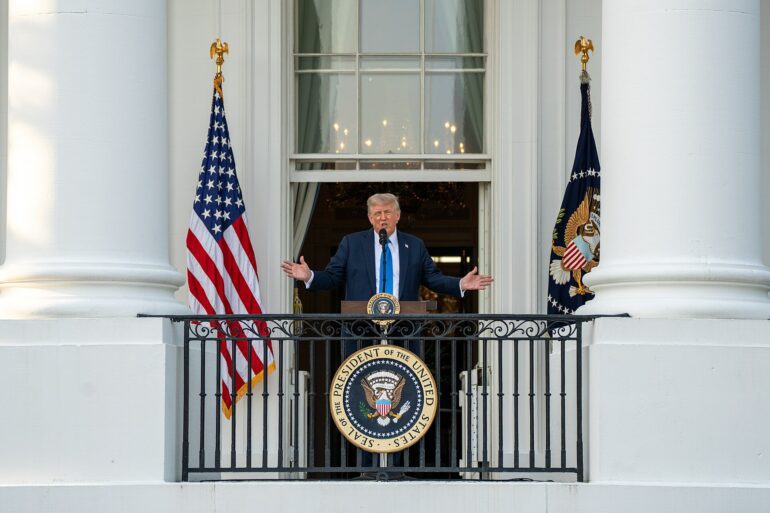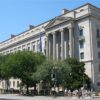President Donald Trump imposed sanctions on Colombian President Gustavo Petro late Friday, a dramatic move underscoring the administration’s hard-line approach to combating the narcotics trade in the Western Hemisphere and putting increased pressure on a leftist leader the White House views as obstructing U.S. drug-interdiction efforts.
The U.S. Treasury’s Office of Foreign Assets Control announced that Petro, along with Interior Minister Armando Benedetti and two other officials, was added to its “specially designated nationals list.” The designation freezes any U.S.-based assets and prohibits Americans from doing business with the officials — a signature tool of Trump’s muscular foreign-policy strategy.
The sanctions follow weeks of intensifying rhetoric. Trump recently referred to Petro as an “illegal drug leader,” and a “low rated and very unpopular leader, with a fresh mouth towards America.” He sharply criticized Petro’s government for having “allowed narcotics trafficking to flourish.”
The clash represents a widening rift between the United States and a government that, under Petro’s leadership, has distanced itself from Washington’s traditional anti-drug strategies. The Trump administration has accused Petro of presiding over a surge in coca production and taking a more permissive stance toward trafficking networks responsible for flooding American communities with deadly narcotics.
Trump’s renewed “war on drugs” has extended deep into the Caribbean and Pacific waters near South America, where U.S. forces have conducted airstrikes on vessels suspected of transporting drugs. Administration officials describe these missions as essential to “defense of the Homeland.”
Petro has pushed back fiercely on the expanded military campaign. Earlier this month, he accused the United States of “murder” in connection with a September 15 strike that the Trump administration said targeted a drug-running vessel off Colombia’s coast. Petro claimed the operation killed an innocent fisherman — an allegation U.S. defense officials have rejected.
The latest penalties mark one of the most significant public breaks yet between the two nations since Petro took office. For Trump, they serve as proof to supporters that he is delivering on a central promise: stopping the narcotics pipeline long viewed as a deadly threat to American families.
The administration’s approach suggests that diplomatic frictions will not slow its efforts. Officials say they are determined to dismantle what they describe as powerful transnational criminal networks — even if doing so means confronting foreign governments they believe have failed to act.
Trump’s pressure campaign now places Colombia’s leadership in an increasingly isolated position among regional allies. And with more U.S. operations underway targeting drug-running boats, the early steps of a broader realignment in hemispheric security policy are already visible.
Whether Petro yields to U.S. demands or doubles down on his criticism remains to be seen. But for the White House, the message is unmistakable: when it comes to narcotics, America is done with patience.
[READ MORE: White House Timeline Updated to Include Clinton Scandal and Hunter Biden Troubles]



